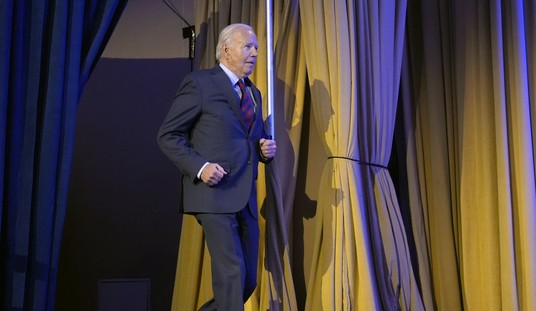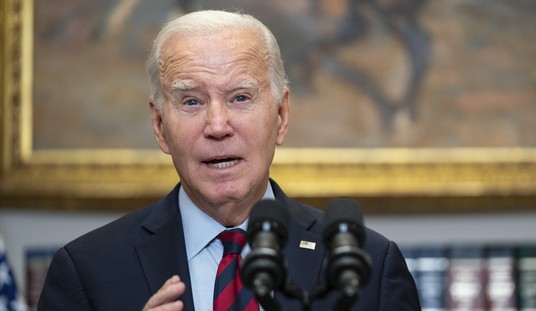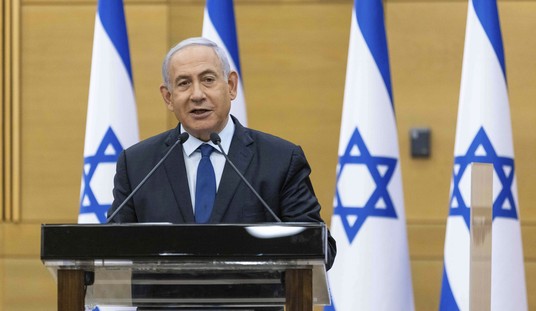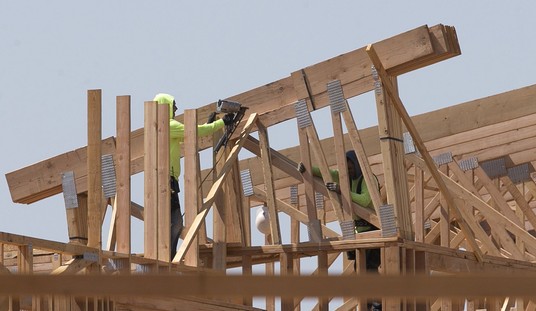The massive blackout at the Atlanta airport earlier this week got a lot of media attention because it resulted in literally everything requiring electricity (booking computers, cash registers, air traffic controllers’ screens, escalators, and on and on) grinding to a sudden halt.
But while blame for the situation rests with Georgia Power, the blackout is also drawing attention to a flaw in the arguments of one big airline for nixing Open Skies agreements, a topic that sounds totally uninteresting to the average man on the street but which is the subject of a massive lobbying war in Washington, D.C.

On one side of that war are some big U.S. carriers, most especially Delta Airlines, and unions. On the other are an array of players, but perhaps most prominently, big Mideast carriers and fliers who travel frequently between the U.S. and Europe, Africa and Asia, especially India.
Delta contends that Open Skies agreements, which allow routes like Emirates’ flight between New York and Milan to operate, artificially harm Delta by introducing “unfair” competition, and that they represent one of the biggest– if not the biggest– hurdle to Delta’s global success.
Advocates of Open Skies contend that they allow airlines that often rate better than major U.S. airlines with frequent fliers to offer consumers more, and better, choices.
But according to an airline industry expert, that is thanks not just to more “luxury” in-flight amenities and swanky stop-overs in locales like Dubai, but also because of other airlines’ use of interline agreements which make it easier to reaccommodate passengers when a catastrophe like the Atlanta outage occurs.
Delta terminated its interline agreement with American Airlines in 2015. That is now apparently contributing to its challenges in meeting the needs of the 75 percent of the Atlanta airport’s traffic that Delta passengers constitute because Delta has limited to no ability to work with American to bring operations back to normal and re-accommodate affected passengers. This has repeatedly been a problem for Delta when computer outages and storms have hit and is just another deterrent to some customers who might otherwise consider booking with Delta, on top of geographic and amenities-related concerns.
According to Skytrax, a consumer aviation website, none of the top 20 rated airlines in 2017 were American. Qatar, Emirates, and Etihad all ranked in the top 10, with Turkish Airlines coming in at #12.
In Qatar’s case, that appears based on seat comfort, in-flight entertainment, new planes, quality of lounges, and a large range of destinations, which combined to earn it a #1 rating in 2017.
In the case of Emirates, which came in at #4, the ranking appears based on the amenities of the Dubai airport, new planes, and entertainment systems.
In the case of Etihad, which ranks #8, a broad range of destinations, catering quality, plus offering of “flying apartments,” and swanky first and business class accommodations seem to account for flier happiness.
Turkish Airlines, which came in at #12, scored points thanks to its range of destinations, high quality customer service, lounges, and catering.
These attributes, combined with the favorable geography of the airlines’ hubs relative to Atlanta, and Delta’s shunning of interline agreements, look like hurdles that no amount of lobbying, on Open Skies or other policy issues, will dismantle. But expect the lobbying over Open Skies to continue, probably with the U.S. airlines invoking #MAGA-like talking points and imagery in attempting to sway President Trump, and the Middle Eastern airlines appealing to the President’s demonstrated love and personal knowledge of luxury travel and accommodation and belief in its marketability and profitability.












Join the conversation as a VIP Member